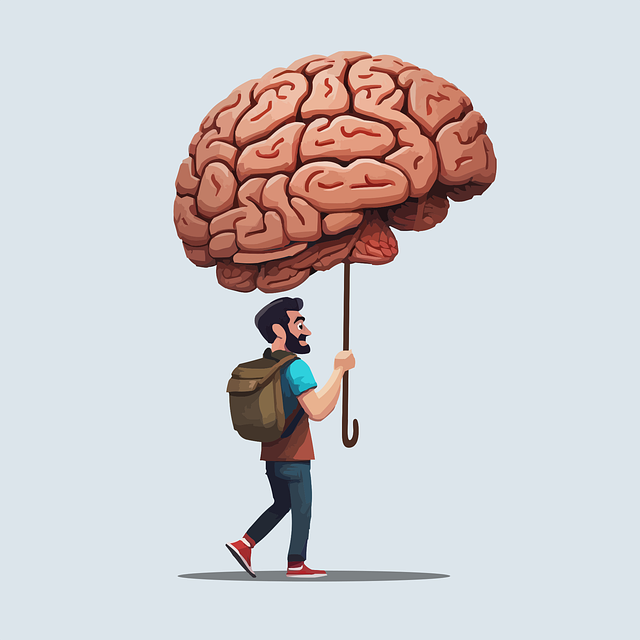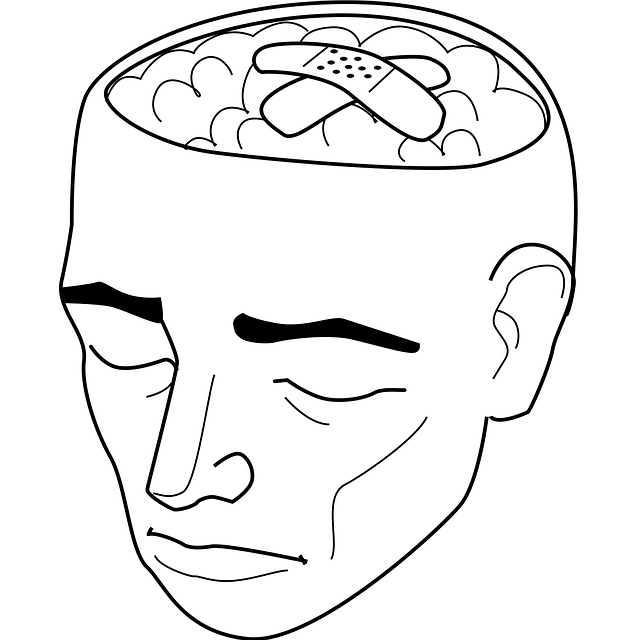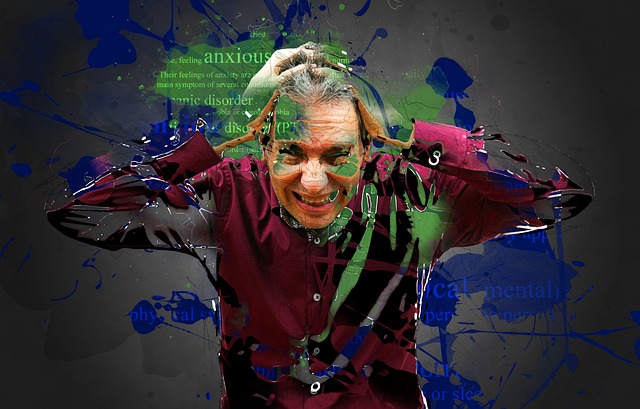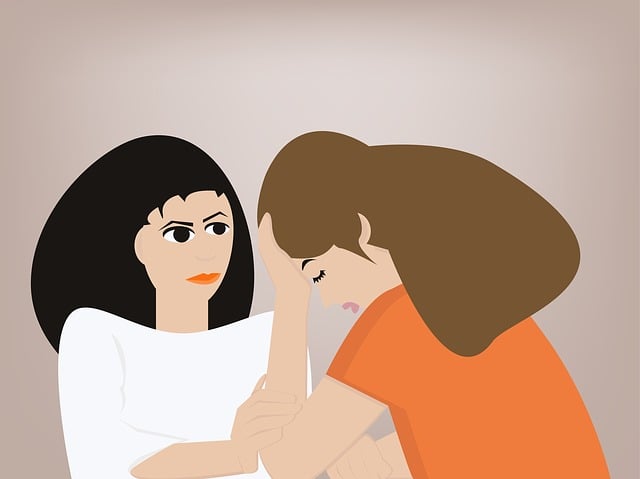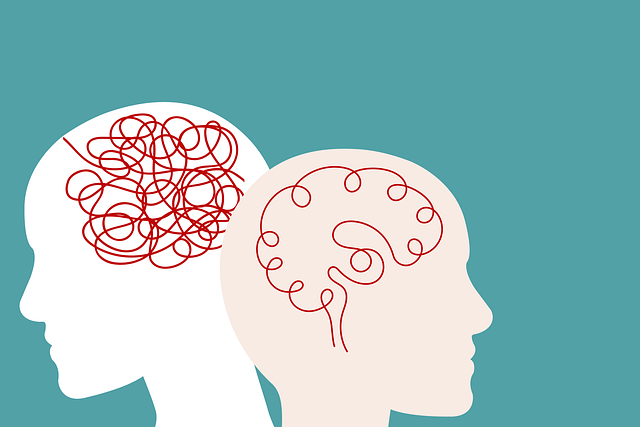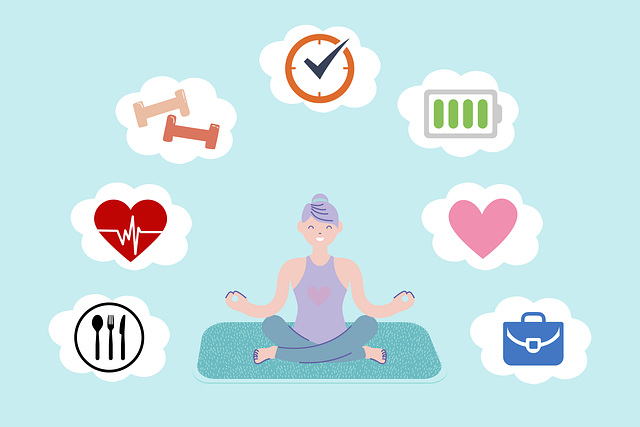Littleton Mindfulness Therapy emphasizes the crucial link between social skills and mental well-being. They offer evidence-based programs combining mindfulness practices and communication strategies tailored for individuals with anxiety, depression, or psychosis. By focusing on emotional regulation, self-awareness, and conflict resolution, their holistic approach equips clients with confidence in social situations, reducing burnout risk and fostering supportive relationships. Recognized for their innovative 'Mind Over Matter' techniques, Littleton Mindfulness Therapy's programs significantly improve quality of life through stigma reduction and effective coping strategies.
Social skills training is a powerful tool for improving mental health outcomes, especially for those navigating conditions like anxiety, depression, or social phobias. This article delves into the intricate relationship between social interactions and mental wellness, highlighting how Littleton Mindfulness Therapy offers innovative solutions. We explore common challenges faced by individuals with mental health issues in social settings and present effective mindfulness-based strategies for building confidence and connection. Real-world success stories from social skills training programs demonstrate the transformative power of this approach.
- Understanding the Link Between Social Skills and Mental Health
- The Role of Littleton Mindfulness Therapy in Training Social Skills
- Identifying Challenges in Social Interactions for Individuals with Mental Health Conditions
- Effective Strategies for Building Social Skills Through Mindfulness Practices
- Real-World Application: Success Stories from Social Skills Training Programs
Understanding the Link Between Social Skills and Mental Health

In today’s world, social skills play a pivotal role in our mental health and overall well-being. At Littleton Mindfulness Therapy, we understand that effective communication, empathy, and emotional regulation are essential components of healing. The link between social skills and mental health is profound; those with strong interpersonal abilities often exhibit better coping mechanisms and resilience to stress, anxiety, and depression. On the contrary, individuals lacking in these skills might struggle to form meaningful connections, leading to feelings of isolation and exacerbating existing mental health conditions.
Our approach, grounded in Mind Over Matter principles, focuses on teaching Emotional Well-being Promotion Techniques tailored to individual needs. By fostering social skills, we empower our clients to navigate interpersonal interactions with confidence, reduce the risk of burnout, and cultivate supportive relationships that contribute to their recovery journey. Through a range of evidence-based practices, we guide folks toward a path of self-discovery, growth, and improved mental health.
The Role of Littleton Mindfulness Therapy in Training Social Skills

Littleton Mindfulness Therapy plays a pivotal role in training social skills for individuals managing mental health conditions. Through its carefully designed programs, the therapy offers a unique blend of mindfulness practices and communication strategies tailored to address the specific challenges faced by those with mental health issues. By integrating these techniques into daily interactions, participants gain enhanced self-awareness and emotional regulation skills that foster more meaningful connections with others.
This approach goes beyond traditional therapy models, incorporating cultural competency training for healthcare providers to ensure inclusive and supportive environments. The Stress Management Workshops Organization recognizes the importance of such initiatives in promoting holistic mental health. Moreover, Littleton Mindfulness Therapy’s Mental Health Education Programs Design focus on empowering individuals with practical tools to navigate social situations confidently, ultimately improving their overall quality of life.
Identifying Challenges in Social Interactions for Individuals with Mental Health Conditions

Individuals with mental health conditions often face unique challenges when it comes to social interactions due to symptoms such as anxiety, depression, or psychosis. These conditions can significantly impact their ability to connect with others, engage in conversations, and participate in social activities. For example, someone suffering from severe depression might find it hard to initiate or maintain eye contact during a conversation, which could lead to feelings of isolation and further withdrawal.
In the case of conditions like schizophrenia, delusions and hallucinations can distort one’s perception of social cues and make interpreting social interactions difficult. These challenges are often compounded by the mental illness stigma that exists in society, leading to feelings of shame and embarrassment. Organizations such as Littleton Mindfulness Therapy play a vital role in combating these issues through various initiatives like mental illness stigma reduction efforts, stress management workshops, and programs focused on depression prevention. These efforts aim to equip individuals with the necessary social skills, coping strategies, and support networks to navigate social situations more effectively and enhance their overall well-being.
Effective Strategies for Building Social Skills Through Mindfulness Practices

Building social skills is a vital aspect of recovery for individuals managing mental health conditions. Incorporating mindfulness practices into daily routines can be an effective strategy in this process. Littleton Mindfulness Therapy offers unique insights into harnessing the power of the present moment to enhance interpersonal connections. Through mindful listening, individuals learn to focus on others’ perspectives, fostering understanding and empathy. This, in turn, facilitates better communication and conflict resolution techniques, enabling them to navigate social interactions with increased confidence.
Additionally, mindfulness encourages self-awareness, helping clients recognize triggers and manage emotions effectively. By cultivating inner strength development, individuals gain resilience against stress and burnout prevention, which are common challenges in managing mental health. These practices promote a sense of calm, allowing for more thoughtful responses in various social scenarios, thereby improving overall social functioning.
Real-World Application: Success Stories from Social Skills Training Programs

Social Skills Training programs have proven to be life-changing for many individuals struggling with mental health conditions. These real-world applications, grounded in evidence-based practices and often facilitated by experts like those at Littleton Mindfulness Therapy, utilize Mind Over Matter principles to empower participants. By teaching essential communication strategies, these programs help clients build confidence in social situations, foster deeper connections, and improve their overall well-being.
Success stories from such initiatives are abundant, highlighting the transformative power of Social Skills Training. Participants have reported increased self-esteem, improved ability to manage anxiety in social settings, and enhanced relationships with friends and family. These programs provide a safe space to practice new skills, offering support and encouragement every step of the way. The positive outcomes are a testament to the effectiveness of tailored interventions that address both mental health and interpersonal needs.
Social skills training, particularly through innovative programs like Littleton Mindfulness Therapy, offers a promising approach to enhancing mental well-being. By addressing the unique challenges faced by individuals with various conditions, these strategies foster meaningful connections and improve overall life satisfaction. The success stories highlighted in this article underscore the impact of such tailored interventions, providing hope and guidance for those navigating their mental health journeys. Through mindfulness practices, individuals can gain the confidence to engage in social interactions, ultimately leading to improved mental health outcomes.
